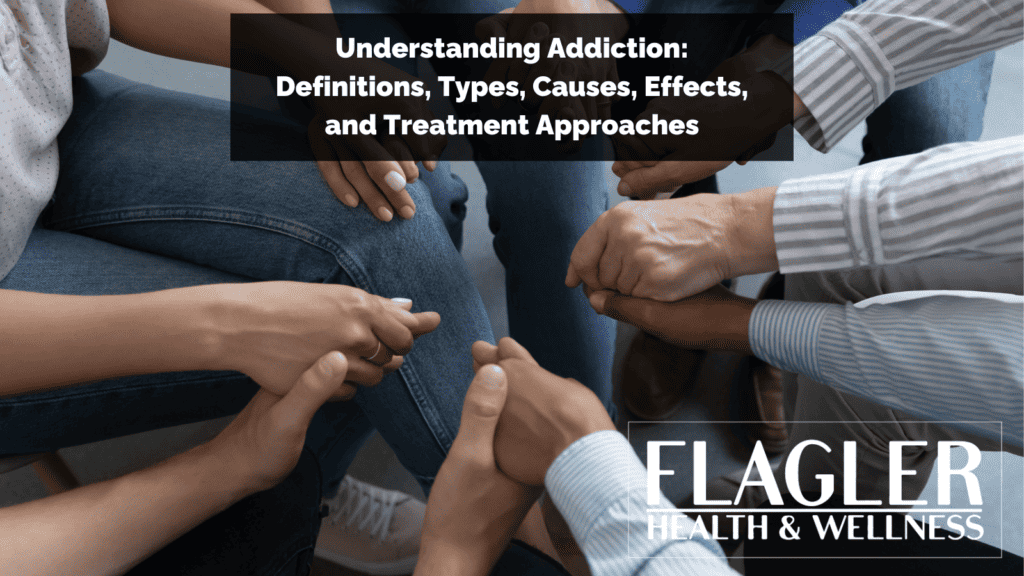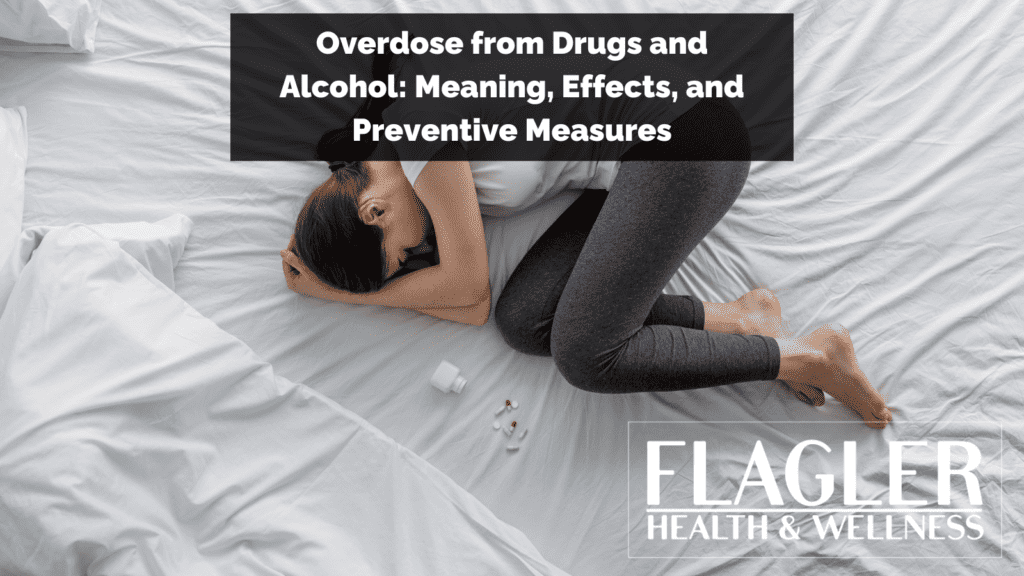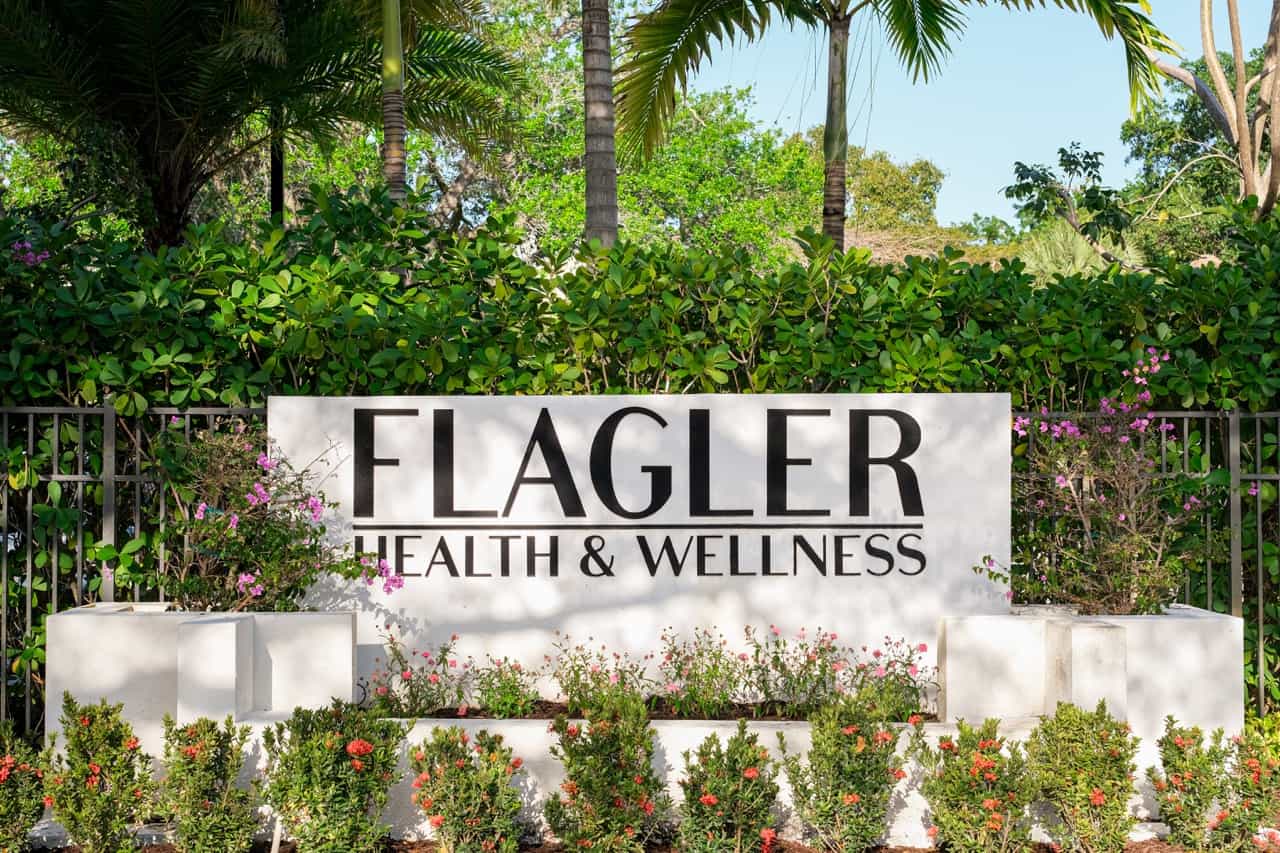Residential inpatient treatment for addiction recovery has been shown to be highly effective for many individuals. According to a study published in the Journal of Substance Abuse Treatment, patients who complete residential treatment programs have significantly lower relapse rates compared to those in outpatient programs. This form of treatment offers a comprehensive approach to addiction recovery, addressing both the physical and psychological aspects of the condition.
The benefits of residential inpatient treatment include a structured environment that minimizes distractions and potential triggers for substance abuse. Patients are removed from the usual contexts where substance use occurs, allowing for a focus on recovery without external pressures.
The treatment programs often involve multiple therapeutic approaches, including individual counseling, group therapy, and sometimes even holistic treatments like yoga or art therapy. These therapies aim to treat the whole person, addressing not just the addiction but also any underlying mental health conditions.
Medical supervision is another key advantage, especially during the detoxification phase. Healthcare professionals are on hand to manage withdrawal symptoms and any medical complications, providing a safer route to sobriety than attempting to quit alone.
The immersive nature of residential treatment allows for intense focus on recovery, providing patients with the tools and support needed to make a lasting change. This makes it an invaluable option for those serious about overcoming addiction.
What is Residential Inpatient Treatment For Addiction?
Residential inpatient treatment is a comprehensive and immersive approach to addiction recovery. It is a level of care that goes beyond outpatient programs, providing clients with a structured and supportive environment where they can focus entirely on their healing journey.
Residential inpatient treatment is a comprehensive and immersive approach to addiction recovery. It is a level of care that goes beyond outpatient programs, providing clients with a structured and supportive environment where they can focus entirely on their healing journey.
Key Components of Residential Inpatient Rehab are listed below:
- 24/7 Support: In residential inpatient treatment, clients have access to round-the-clock care and supervision. This means that help is always available, ensuring safety and addressing any concerns that may arise during the recovery process.
- Structured Environment: One of the primary benefits of residential inpatient treatment is the highly structured daily routine. Clients participate in a variety of therapeutic activities, including individual counseling, group therapy, and educational sessions. This structured approach provides stability and helps individuals develop essential life skills.
- Reduced Relapse Risks: The controlled environment of a residential inpatient program minimizes exposure to triggers and substances, greatly reducing the risk of relapse. Clients can focus on their recovery without the distractions and temptations of the outside world.
What are The Advantages and Benefits of Residential Inpatient Treatment?
Inpatient rehab programs offer a range of benefits that can be particularly valuable for individuals in the initial stages of recovery from substance addiction. Here are some of the key advantages:
1. Structured Environment
Inpatient facilities offer a structured setting that minimizes distractions and temptations, allowing individuals to focus solely on their recovery. The daily schedule often includes therapy sessions, educational lectures, and physical activities designed to foster a holistic approach to healing.
2. Medical Supervision
One of the most significant benefits is the availability of medical supervision, particularly during the detox phase. Withdrawal symptoms can be severe, and in some cases, life-threatening. Medical professionals on-site can monitor these symptoms and administer medication as necessary.
3. Emotional Support
Inpatient rehab provides emotional and psychological support around the clock. This is especially important in the early stages of recovery when individuals are most vulnerable. Trained counselors and therapists offer one-on-one counseling as well as group therapy sessions.
4. Peer Support
The communal aspect of inpatient rehab allows individuals to interact with others who are going through similar struggles. This creates a sense of community and belonging, which can be crucial for emotional well-being and long-term recovery.
5. Skill Development
Inpatient programs often include training in life skills, stress management, and coping strategies. The aim is to equip individuals with the tools they need to maintain sobriety once they leave the facility.
6. Nutritional and Physical Rehabilitation
Many inpatient centers offer nutritional guidance and physical fitness programs to improve overall well-being. A balanced diet and regular exercise can be instrumental in aiding the recovery process.
7. Aftercare Planning
Before leaving the facility, patients usually receive a comprehensive aftercare plan. This may include ongoing therapy sessions, medication management, and referrals to outpatient services or support groups to ensure a smooth transition back to daily life.
8. Accountability
Being in a controlled environment with a structured schedule fosters a sense of accountability, which can be a powerful motivator in the early stages of recovery.
How Is Inpatient Residential Rehab Personalized?
There is no one-size-fits-all approach to addiction treatment. That’s why our residential inpatient program is centered around personalized care and individualized treatment plans.
Upon admission to our program, each client undergoes a comprehensive assessment to determine their specific needs, goals, and challenges. This assessment forms the basis for creating a customized treatment plan tailored to address their unique circumstances. Here’s how this personalized approach benefits our clients:
- Targeted Interventions: Clients receive treatment interventions that directly address their addiction, co-occurring mental health issues, and any other underlying factors contributing to their substance use.
- Higher Success Rates: Research consistently shows that personalized treatment plans yield higher success rates in addiction recovery. Clients are more engaged and motivated when they feel that their treatment aligns with their individual needs and aspirations.
- Flexibility: As clients progress through treatment, their needs may evolve. Our personalized approach allows for flexibility in adjusting the treatment plan to ensure it remains effective and relevant to their journey.
- Holistic Healing: Personalized care extends beyond clinical therapy. It also encompasses holistic approaches to healing, addressing physical, mental, and emotional well-being. Clients receive a well-rounded treatment experience that nurtures their overall health and wellness.
In the following sections of this blog post, we will explore additional facets of Flagler’s residential inpatient treatment program, including the sense of community that clients experience and the expertise of our medical and clinical professionals. We will also discuss how our program prepares individuals for life after treatment and the importance of ongoing support in maintaining sobriety. Personalized care is at the heart of what we do, ensuring that each client receives the support and guidance they need to achieve lasting recovery.
What Are The Community Benefits of Addiction Rehab?
Addiction can often lead to isolation, eroding personal relationships, and leaving individuals feeling alone in their struggles but in an inpatient rehab program you are part of a supportive therapeutic community. In our program, clients find a community of individuals who share similar experiences, fears, and aspirations. Here’s why the sense of community is a vital component of residential inpatient treatment:
Shared Understanding: Clients in our program are surrounded by others who understand the challenges they face. This shared understanding reduces feelings of isolation and shame, creating a safe space for open and honest communication.
Peer Support: The power of peer support cannot be overstated. Clients provide encouragement, motivation, and accountability to one another. Friendships formed during treatment often extend beyond the program, offering a strong support system in the journey toward recovery.
Group Therapy: Group therapy sessions are a cornerstone of our residential inpatient program. These sessions provide a platform for clients to share their experiences, learn from one another, and gain valuable insights into their own recovery. Group therapy reinforces the sense of community and offers multiple perspectives on the path to healing.
Community Activities: Beyond therapy, our program offers various community-building activities, such as art therapy, fitness classes, and recreational outings. These activities not only provide opportunities for relaxation and enjoyment but also strengthen the bonds among clients.
The sense of community at Flagler extends beyond treatment hours, creating an environment where clients feel understood, supported, and empowered. We’ve witnessed countless individuals find not only recovery but also lasting friendships and a renewed sense of purpose through our residential inpatient program.
Medical and Clinical Expertise
Effective addiction treatment requires a multidisciplinary team of professionals with expertise in addiction medicine and mental health. At Flagler, we take great pride in the caliber of our medical and clinical staff, who are dedicated to providing the highest standard of care to our clients.
On-Site Medical Professionals: Our residential inpatient program includes access to on-site medical professionals who are well-versed in addiction medicine. They play a critical role in managing detoxification, addressing any physical health concerns, and ensuring the overall well-being of our clients.
Addiction Specialists: Our team includes addiction specialists with extensive experience in treating substance use disorders. They are skilled in developing individualized treatment plans that target the root causes of addiction and guide clients toward recovery.
Therapeutic Modalities: Our clinical professionals utilize evidence-based therapeutic modalities to address addiction and co-occurring mental health issues. These modalities may include cognitive-behavioral therapy (CBT), dialectical-behavior therapy (DBT), and mindfulness-based approaches.
Holistic Therapies: In addition to traditional therapies, our program incorporates holistic approaches to healing, such as yoga, meditation, and art therapy. These therapies promote emotional and spiritual well-being, complementing the clinical aspects of treatment.
Ongoing Assessment and Adjustments: Our team conducts regular assessments to monitor clients’ progress and adjust treatment plans as needed. This ensures that clients receive the most effective and appropriate care throughout their stay.
The expertise of our medical and clinical professionals is a cornerstone of our residential inpatient program. It instills confidence in our clients that they are receiving comprehensive, evidence-based care from a team of professionals who are deeply committed to their recovery.
In the upcoming sections of this blog post, we will delve into how our program prepares individuals for life after treatment, the importance of ongoing support in maintaining sobriety, and the role of family support in the recovery journey. At Flagler, we believe that comprehensive care encompasses not only the treatment experience but also the successful transition to a healthier, substance-free life.
How Can You or A Loved One Prepare for Life After Treatment?
While residential inpatient treatment is an essential step on the path to recovery, it’s just the beginning of a lifelong journey. The transition from a residential program back into the community is a critical phase, and it’s important to be equipped with the tools and knowledge they need to succeed. The aftercare preparation steps are listed below:
Comprehensive Aftercare Planning: Our team collaborates with clients to create a personalized aftercare plan that outlines the steps they will take to maintain their sobriety. This plan may include continued therapy, support group participation, and strategies for managing triggers and stressors.
Relapse Prevention Strategies: Clients learn valuable relapse prevention strategies during their time in residential inpatient treatment. These strategies include recognizing early warning signs, developing coping skills, and building a strong support network to turn to in times of need.
Continuing Support: At Flagler, the support doesn’t end when clients leave our residential inpatient program. We offer ongoing support and encouragement through access to our dedicated team whenever it’s required.
What is The Importance of Ongoing Support in Maintaining Sobriety?
Recovery is a lifelong commitment, and staying on the path to sobriety requires ongoing support and dedication. It’s important for individuals to understand that the challenges of addiction don’t disappear once residential inpatient treatment is complete. In fact, the first months and years of recovery can be particularly vulnerable. That’s why we stress the significance of continued care and support.
Holistic Wellness: Maintaining physical and emotional well-being is crucial for sustained sobriety. Our holistic approach to wellness extends beyond treatment, emphasizing the importance of a healthy lifestyle, including regular exercise, proper nutrition, and stress management.
what are the negatives of inpatient residential rehab?
While inpatient residential rehab programs offer structured and intensive treatment for substance addiction, they also come with their own set of drawbacks.
1. Financial Burden
One of the most significant challenges is the financial aspect. Inpatient rehab programs can be quite costly, especially those that offer specialized care and amenities. Insurance may not cover all expenses, leaving patients with out-of-pocket costs that can be prohibitive.
2. Time Commitment
Inpatient rehab usually requires a substantial time commitment, often ranging from 30 to 90 days or more. This long-term absence can interfere with work, education, and family responsibilities, making it a less viable option for some individuals.
3. Emotional Strain
Being away from family and friends for an extended period can result in emotional and psychological stress. Although the aim is to remove the patient from a potentially harmful environment, the lack of familiar support can sometimes be counterproductive.
4. Stigma
There’s still a societal stigma associated with substance abuse and rehab. Some people find it difficult to explain the extended absence to employers, colleagues, or even family, leading to potential discrimination or strained relationships.
5. One-Size-Fits-All Approach
Inpatient programs often follow a structured regimen that may not cater to the individual needs of each patient. While these programs work for many, they may not be the most effective for everyone, particularly those with unique or dual-diagnosis conditions.
6. Potential for Institutionalization
Being in a controlled environment for an extended period can sometimes make the transition back to regular life challenging. The sudden shift from a highly structured setting to the complexities of the “outside world” can be overwhelming and may even contribute to relapse.
7. Limited Personal Freedom
Inpatient facilities often have strict schedules and rules to adhere to, including limited personal time and sometimes even restrictions on outside communication. Some individuals find this environment too restrictive.
Where Can You Find An Inpatient Addiction Treatment Center?
In the journey to recovery from addiction, choosing the right treatment option is a pivotal decision. Residential inpatient treatment at Flagler offers a supportive and structured environment where individuals can break free from addiction and build a foundation for a healthier future.
If you or a loved one is considering addiction treatment, we encourage you to explore the benefits of residential inpatient care. At Flagler, our dedicated team of professionals is ready to walk alongside you on this transformative journey to recovery at our Drug and Alcohol Rehab Center In West Palm Beach, Fl.
If you’re ready to take the next step toward recovery or if you have questions about our residential inpatient program, don’t hesitate to reach out. Contact us today to speak with one of our knowledgeable and compassionate team members. Your journey to recovery begins here at Flagler, where hope and healing are within reach.
Share This Post







